REUSABLE FACE MASKS AND ALLERGY SYMPTOM PREVENTION
Reusable face masks have become an essential part of our daily lives in the fight against COVID-19. But did you know that these masks can also be beneficial for preventing allergy symptoms?
Allergies are caused by an overactive immune response to certain allergens, such as pollen, dust, and pet dander. When these irritants enter your body, your immune system may identify the intruder as harmful and create defenses to expel the threat. Unfortunately, the body's defense comes with unpleasant symptoms of sneezing, running nose, or watery eyes.
A reusable face mask can help to prevent these symptoms by blocking the inhalation of allergens. The mask acts as a barrier, trapping the allergens before they can enter the body. This can be especially useful for people who suffer from seasonal allergies, as it can help to reduce exposure to pollen during peak allergy seasons.
PREVENTING INHALATION OF AIR POLLUTION
In addition to blocking allergens, reusable face masks can also help to reduce exposure to other environmental toxins, such as air pollution. Studies have shown that air pollution can aggravate allergies and asthma, making symptoms worse. By wearing a reusable face mask, you can help to protect yourself from these toxins and reduce the severity of your symptoms.
Another benefit of reusable face masks is that they are often made from natural materials, such as Merino wool. These materials are less likely to cause irritation or allergic reactions compared to synthetic materials. This makes reusable face masks a good choice for people with sensitive skin.
NOT ALL MASKS ARE MADE EQUAL
It's important to note that not all reusable face masks are created equal when it comes to preventing allergy symptoms. To get the most benefit, look for a reusable face mask that is made from high-quality natural materials and that has a certified filter as well. Avoid masks made from synthetic materials as they can trap allergens and moisture, making symptoms worse.
Reusable face masks also must be washed after continual use, it is also important to ensure that the mask is clean before each use, as a dirty mask can collect allergens and other toxins. It is also recommended to wash the mask with a gentle detergent, and to avoid using fabric softener, bleach, or other harsh chemicals, which can irritate the skin.
Reusable face masks can be an effective tool in preventing allergy symptoms by blocking the inhalation of allergens, reducing exposure to environmental toxins, and being made from natural materials that are less likely to cause irritation. As long as you choose a high-quality mask and keep it clean, you can enjoy the benefits of reduced allergy symptoms.

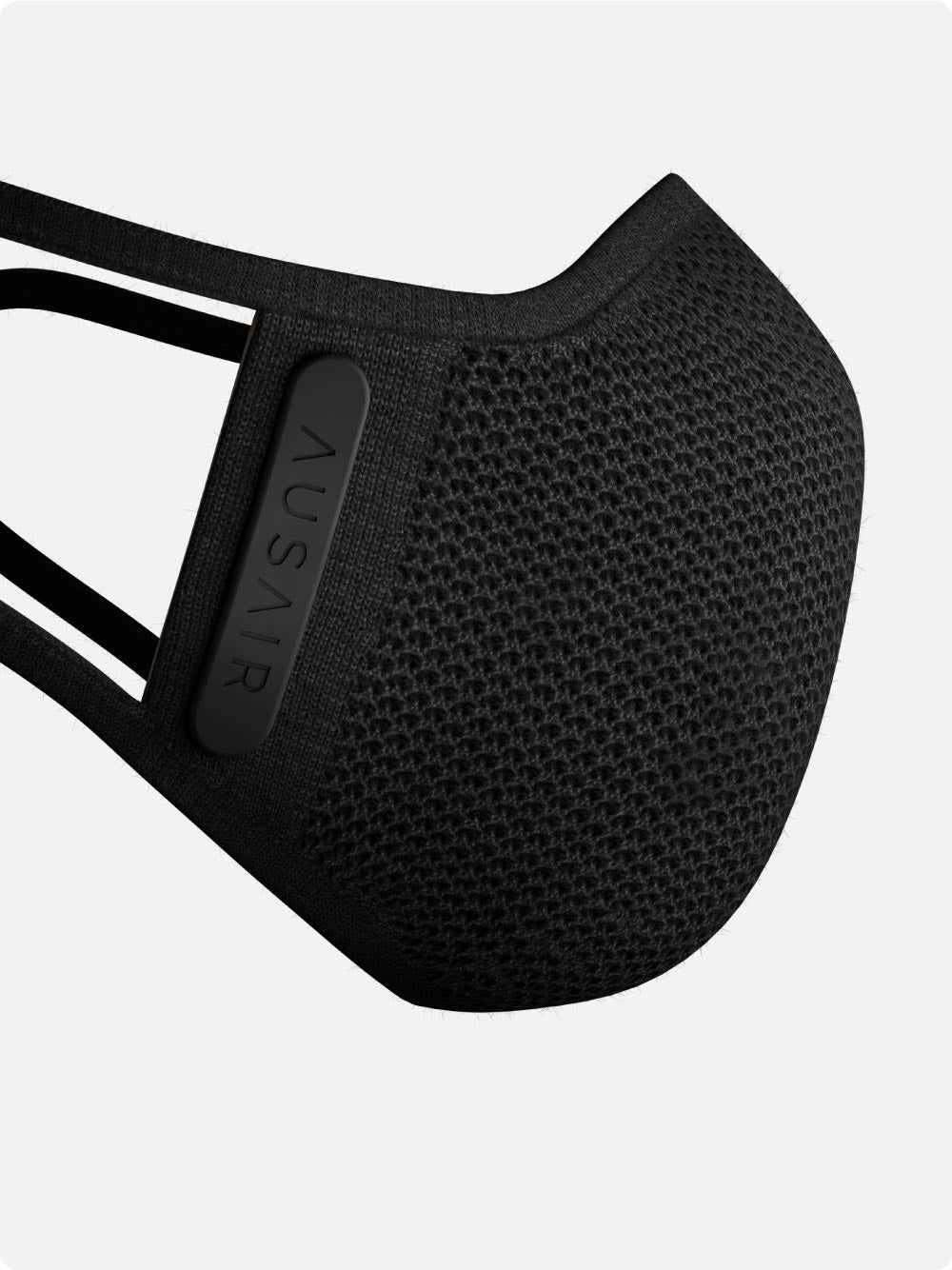

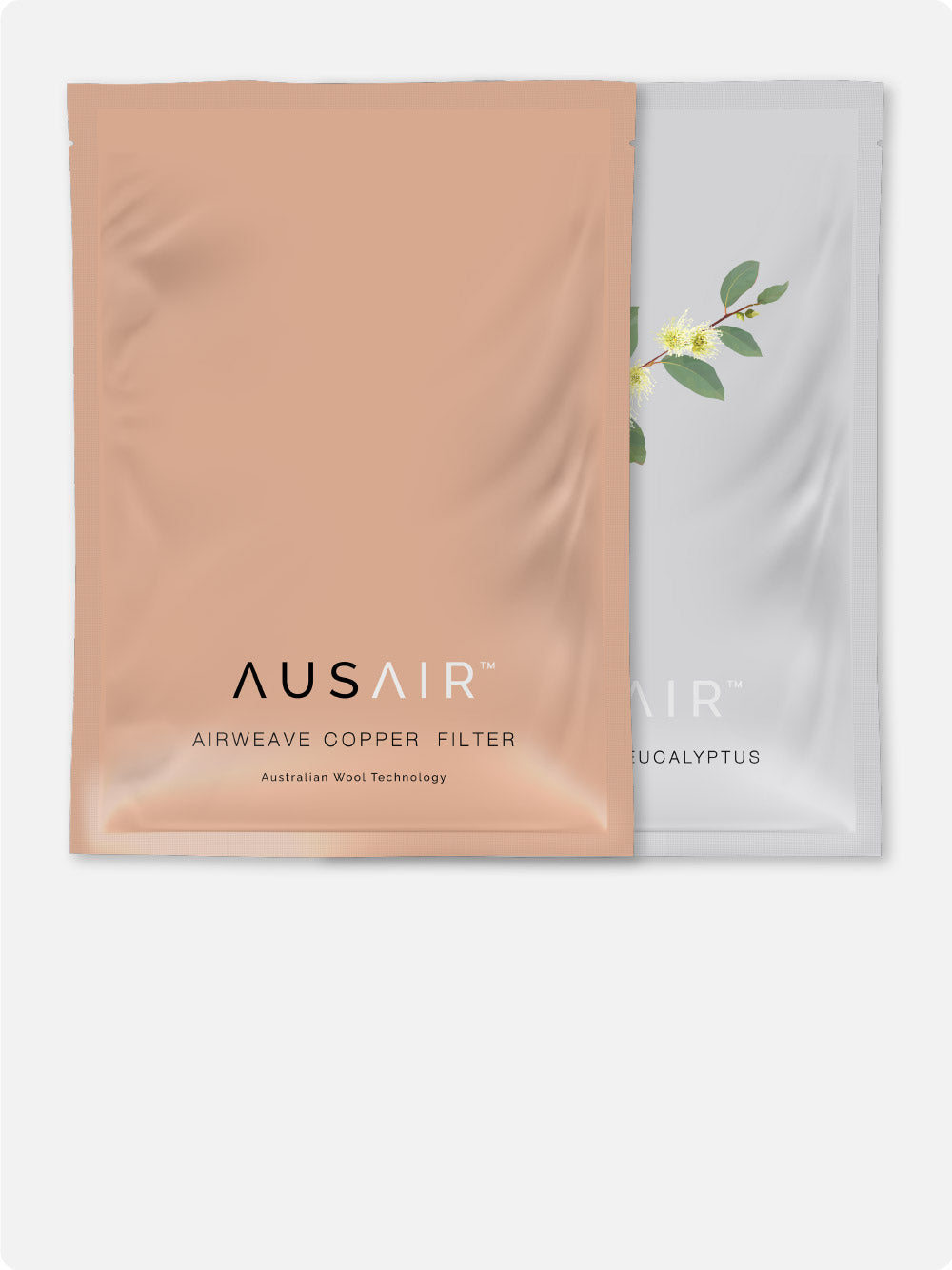
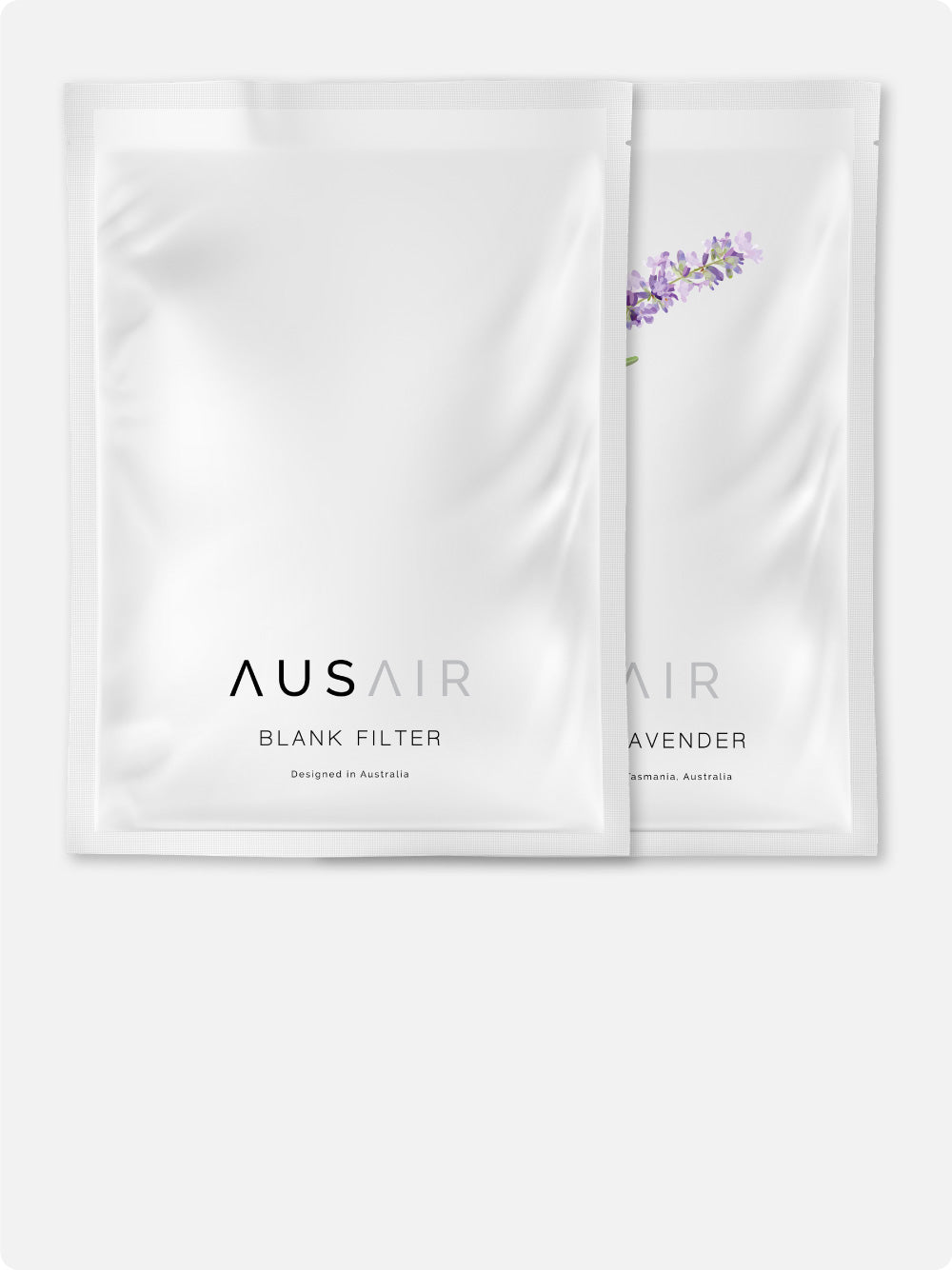

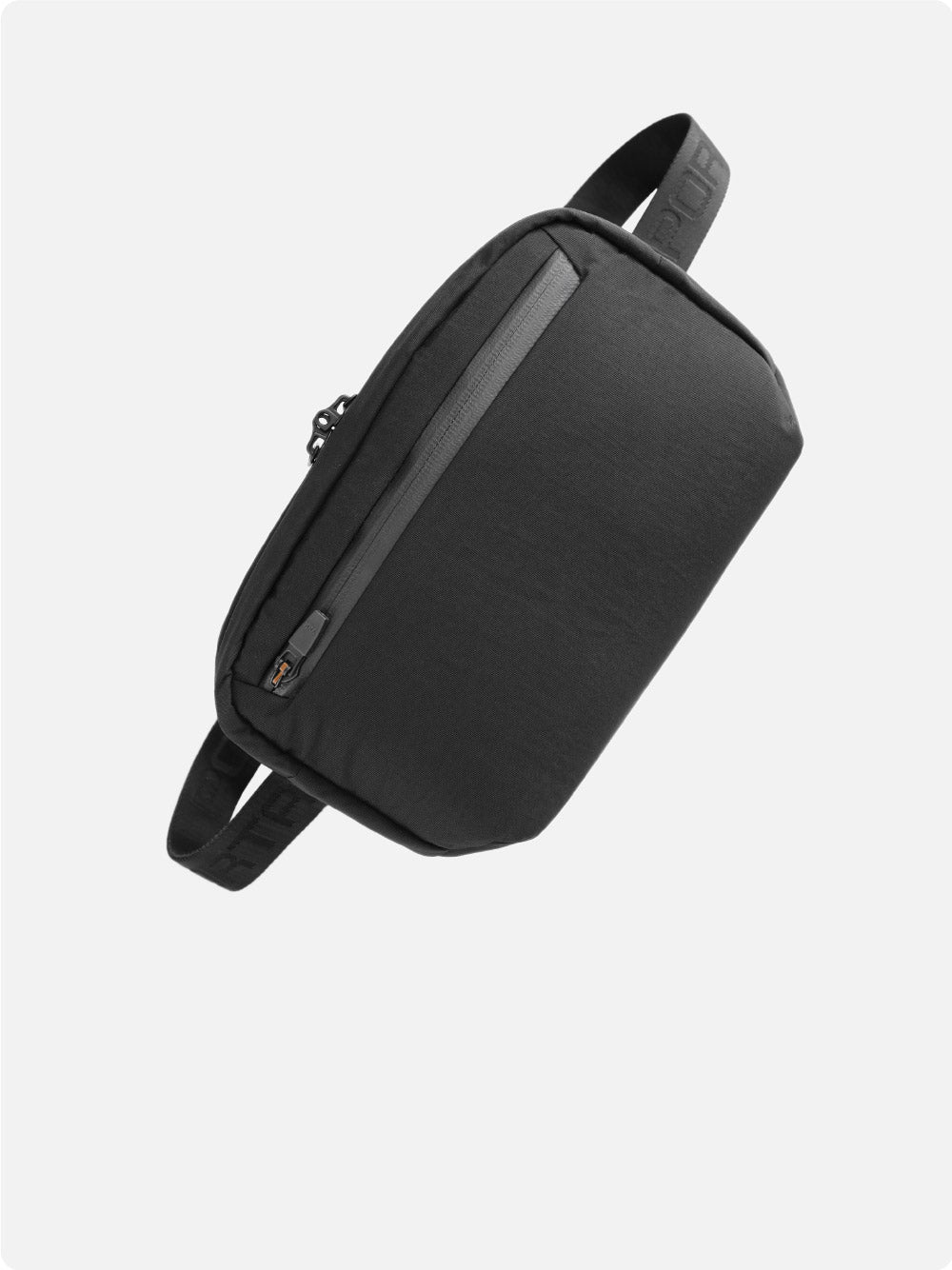
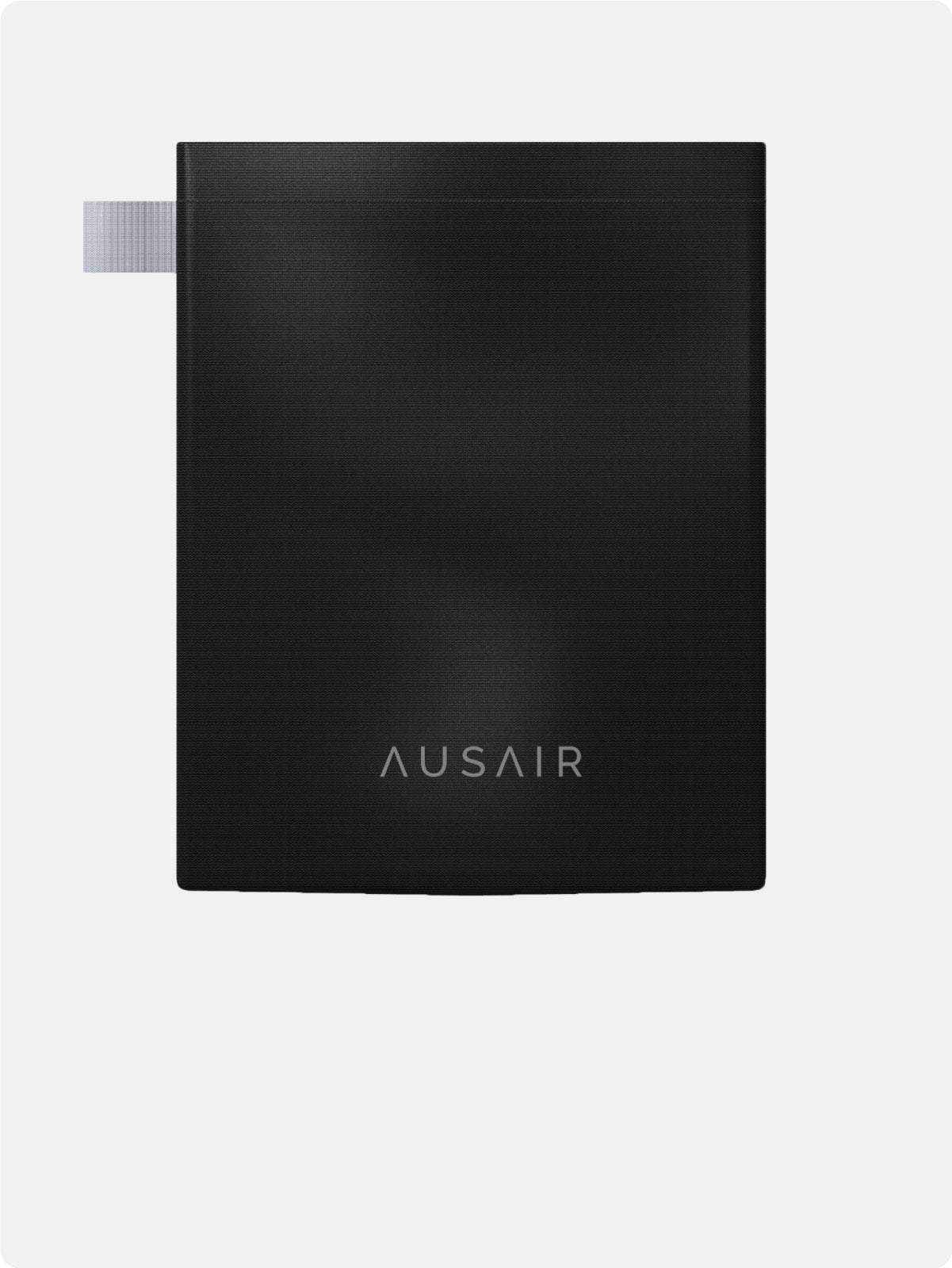


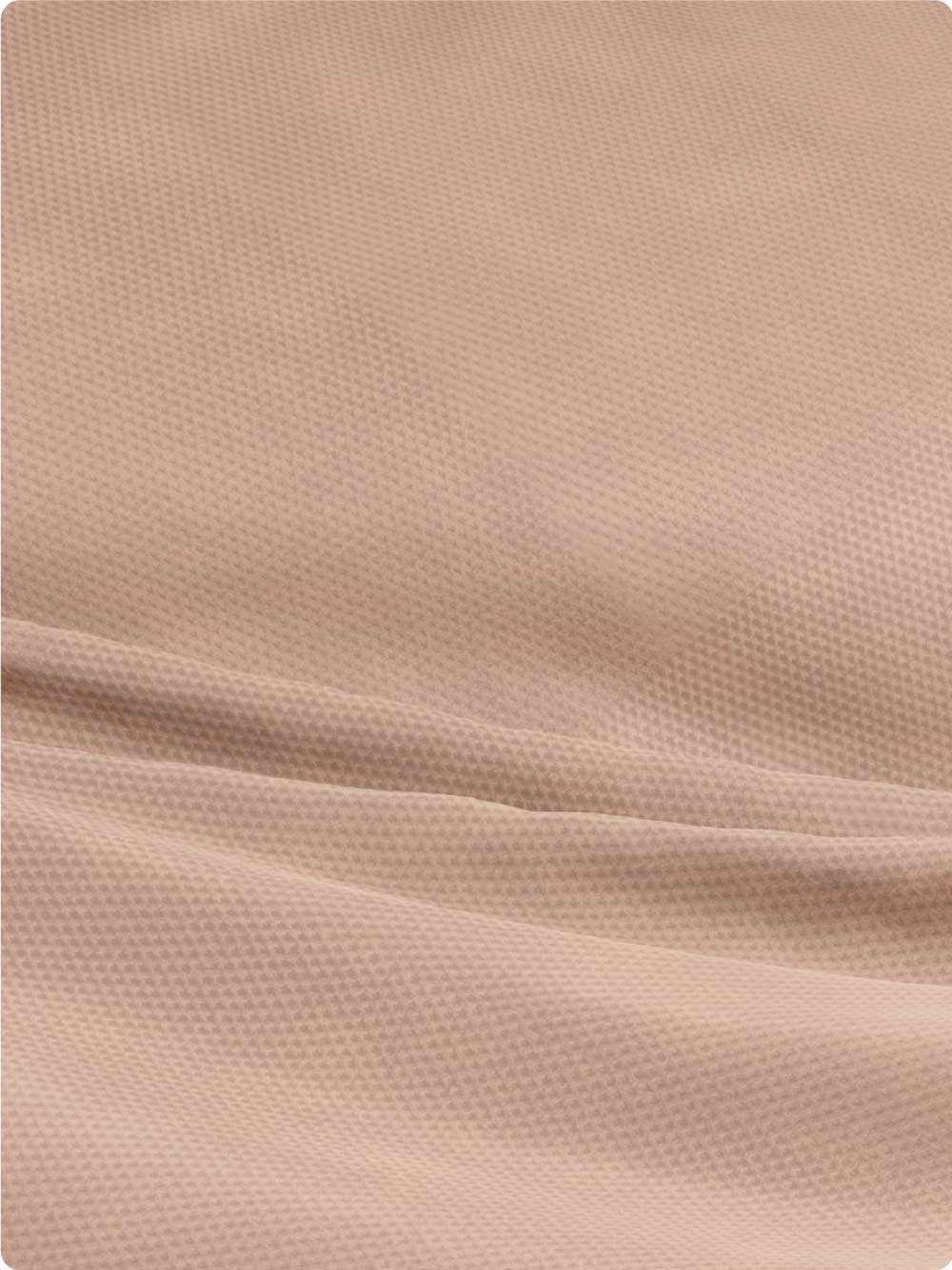





Leave a comment
All comments are moderated before being published.
This site is protected by hCaptcha and the hCaptcha Privacy Policy and Terms of Service apply.